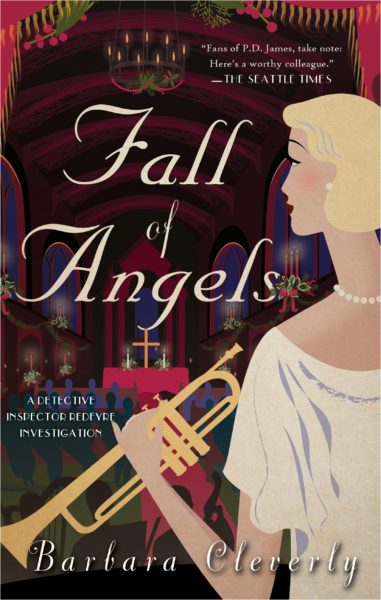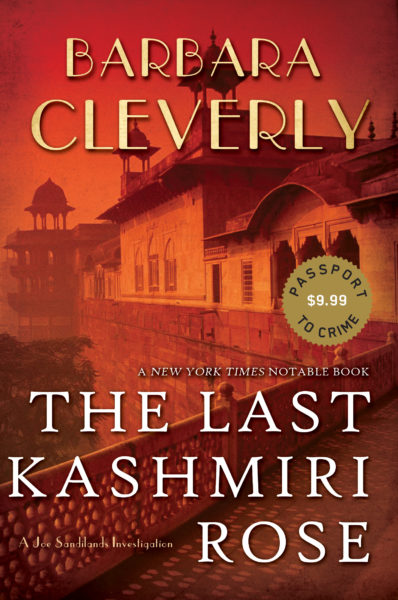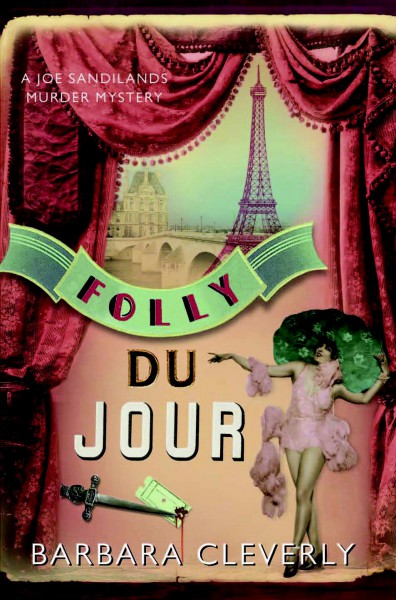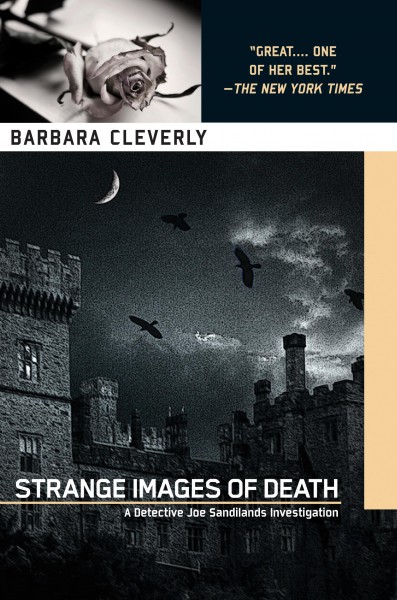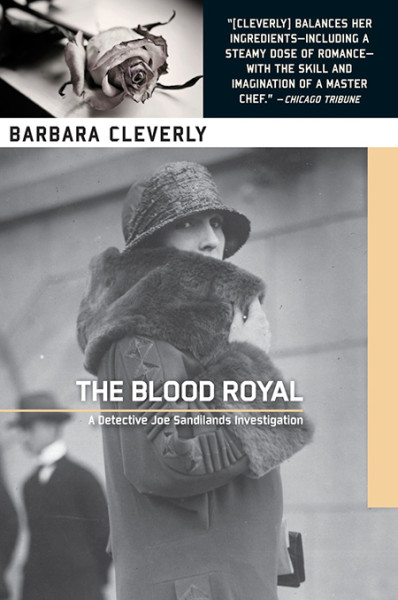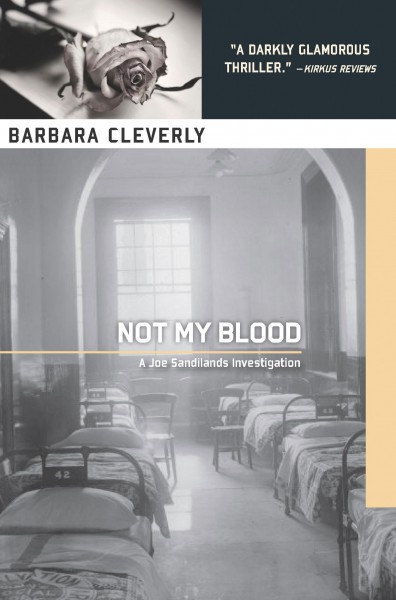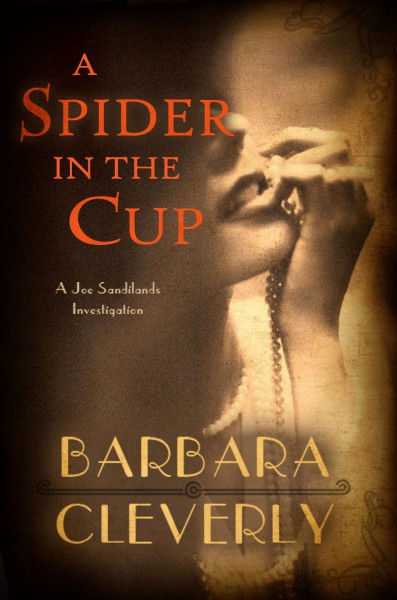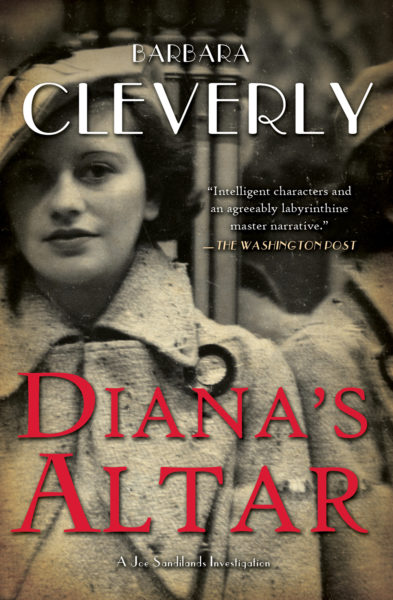Pricing
Paperback $15.95
Description
England 1923: Detective Inspector John Redfyre is a godsend to the Cambridge CID. The ancient university city is at war with itself: town versus gown, male versus female, press versus the police force and everyone versus the undergraduates. Redfyre, young, handsome and capable, is a survivor of the Great War. Born and raised among the cit...
England 1923: Detective Inspector John Redfyre is a godsend to the Cambridge CID. The ancient university city is at war with itself: town versus gown, male versus female, press versus the police force and everyone versus the undergraduates. Redfyre, young, handsome and capable, is a survivor of the Great War. Born and raised among the city’s colleges, he has access to the educated élite who run these institutions, a society previously deemed impenetrable by local law enforcement.
When Redfyre’s Aunt Hetty hands him a front-row ticket to the year’s St. Barnabas College Christmas concert, he is looking forward to a right merrie yuletide noyse from a trumpet soloist, accompanied by the organ. He is intrigued to find that the trumpet player is—scandalously—a young woman. And Juno Proudfoot is a beautiful and talented one at that. Such choice of a performer is unacceptable in conservative academic circles.
Redfyre finds himself anxious throughout a performance in which Juno charms and captivates her audience, and his unease proves well founded when she tumbles headlong down a staircase after curtainfall. He finds evidence that someone carefully planned her death. Has her showing provoked a dangerous, vengeful woman-hater to take action?
When more Cambridge women are murdered, Redfyre realizes that some of his dearest friends and his family may become targets, and—equally alarmingly—that the killer might be within his own close circle.
Media
“Despite her mastery at vivid scene-setting, Cleverly never loses sight of the historical puzzle that is central to her story. Simply put, it's a stunner.”
—The New York Times Book Review
“Fans of P.D. James, take note: Here's a worthy colleague. ”
“Imagine Lord Peter Wimsey attended Cambridge instead of Oxford, and needed a job of work to support himself. And there you have it, Inspector Redfyre, a toff as adept at detection as he is at wordplay. Fall of Angels is sharp, witty, and pleasingly surprising.”
—James R. Benn, author of the Billy Boyle WWII mysteries
“A brilliant sleuth with surprisingly liberal politics for the time, Redfyre combines the wit and willingness to defy convention of Kerry Greenwood’s Phryne Fisher with the polish of Dorothy Sayers’ Lord Peter Wimsey, adding a hint of G. M. Malliet’s Max Tudor.”
–Booklist
“Aficionados of Jacqueline Winspear and Dorothy Sayers will relish this atmospheric historical mystery, with its colorful period details that brilliantly capture post–World War I Britain.”
—Library Journal
“Excellent historical detail, humorous dialogue, intriguing characters, and a whodunit that will keep readers on the end of their seat until the very end.”
—New York Journal of Books
“Cleverly, known for the intricate puzzles she creates and the depth with which she draws her sleuths, has another winner in Redfyre. With dry humor to leaven a frightening story, richly imagined characters and a sure sense of place and time, she leaves the reader eager for Redfyre’s next case.”
—Richmond Times-Dispatch
“Charmingly old-fashioned . . . Cleverly resolves the mystery with her customary expertise and good taste. But she's human enough to take the occasional jab at men who make the rules of society, 'smothering female talent, gagging and belittling their wives and daughters.'”
—The New York Times
“Simply stellar . . . Reaches back to the works of P.G. Wodehouse and the great mystery writers of his time, but is written in such a way that the present-day reader can be totally engaged.”
—Reviewing the Evidence
“The inspector’s earnestness is well-tempered by a good deal of wit and charm. And Ms. Cleverly displays a sure knowledge of the personal attitudes, social conditions, science and slang of a fascinating transitional period in history.”
—The Wall Street Journal
“I enjoyed the excellent writing, the careful placement in time and place, and strong pacing.”
